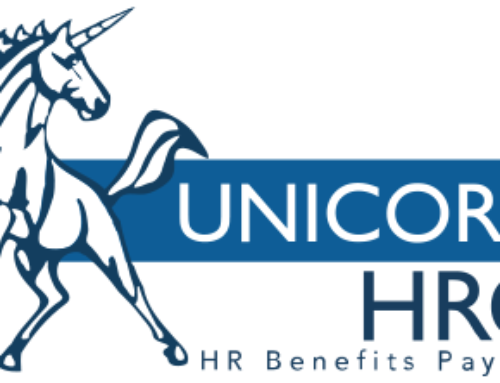A commonly heard buzzword in today’s business world is the term “disruption”; a concept first introduced by Clayton Christensen of Harvard Business School, meaning a time when companies that produce successful but expensive products would be overtaken by newer companies who could present cheaper and simpler alternatives to the marketplace. Looking to avoid this type of disruption, companies and businesses have thought it best to self – disrupt. When companies do this, HR staffers find themselves playing an important role.
Be Proactive
One department which will see disruption in the future is the Human Resource Department. HR staffers at many companies are still mired by paperwork, filing cabinets, and use of outdated practices can stunt company culture. These practices cause HR to be more reactive to problems as they arise. Instead, HR needs to be proactive, keeping up-to-date with the newest technologies. Doing so can help them to identify which employees are excelling at their jobs, as well as identify the best ways that the business can better relate to its customers. Furthermore, taking measures such as updating best practices can mean happier employees, as HR can use new practices to better engage with workers on issues like payroll or work-life balance. In short, HR departments have to always be ready to continually improve their practices, rather than rest on their laurels.
Disruption means lower costs
When identifying the best ways to “disrupt” the company and improve its performance, HR Staffers need to find the most suitable and affordable new practices to adopt in order to retain the best employees.In doing so, they might actually find that a willingness to disrupt might mean lower costs as well as higher efficiency and productivity. For example, by being able to utilize new technologies to evaluate employees in real time, it is easier to see what employees are deserving of increased pay or a bonus, while understanding why others may not be. Putting aside old practices and instead using new databases and systems which includes employees in the tasks that HR has to perform, can also lower costs and time spent on these tasks. Instead of being caught up in paperwork, HR can more easily assess systems like payroll and work attendance, meaning less work hours spent on these tasks, and more time spent on development of company strategies.
Disruption is an important phenomenon in the business world. By not “disrupting” their business, many companies have seen their old methods and business models become outdated; finding themselves being surpassed by newer, smaller, and ultimately smarter companies seeking to disrupt. This is true not just in the way that businesses sell their products, but also in the way that HR staffers in those companies can be slow to change their own practices. By having a willingness to change with the times, businesses (and their HR employees) can find themselves thriving in this age of Disruption.

